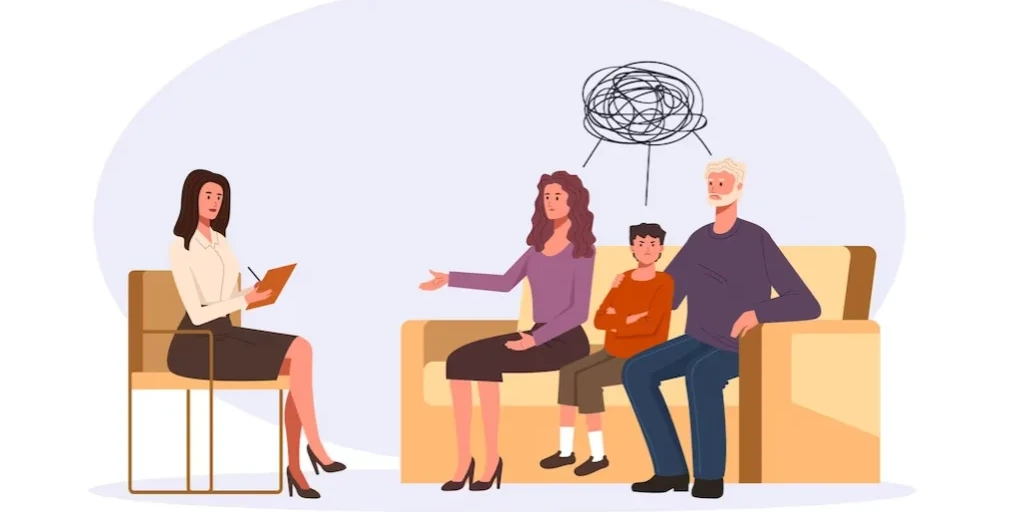24/7 Helpline:
(866) 899-111424/7 Helpline:
(866) 899-1114
Learn more about Dual Diagnosis Rehab centers in Ackerman

Other Insurance Options

MVP Healthcare

Meritain

Sutter

MHNNet Behavioral Health

BHS | Behavioral Health Systems

WellCare Health Plans

Carleon

BlueShield

Ceridian

UnitedHealth Group

Aetna

Horizon Healthcare Service

Absolute Total Care

Access to Recovery (ATR) Voucher

Amerigroup

CareSource

Lucent

Health Partners

United Health Care

BlueCross

Community Counseling Services
Community Counseling Services is a private rehab located in Ackerman, Mississippi. Community Counsel...


























